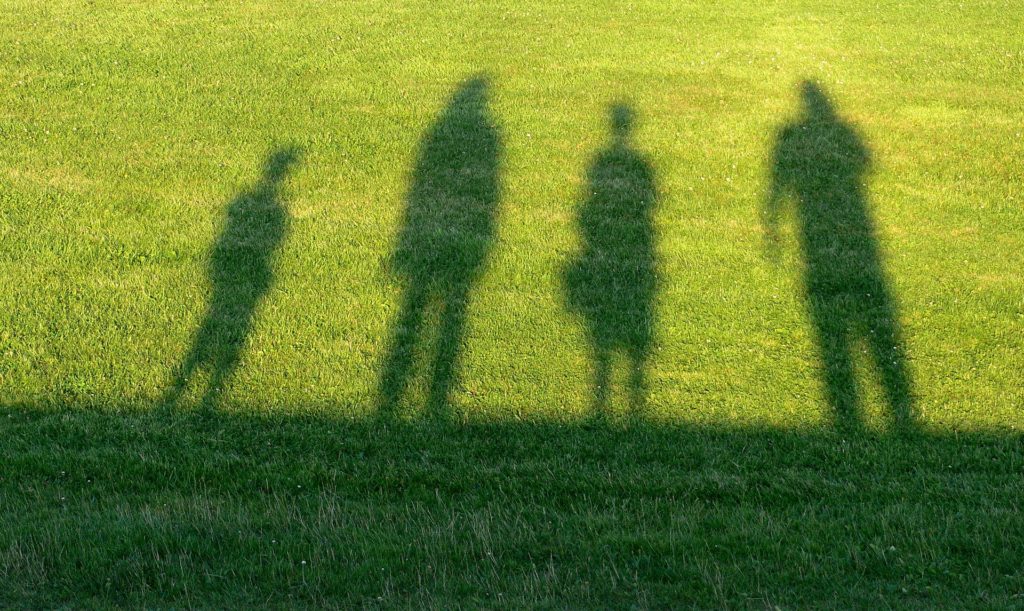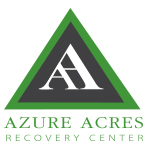
Contributor: Staff at Azure Acres Recovery Center
Leftover prescription medications are often left to expire, forgotten in the back of the medicine cabinet or at the bottom of the bathroom drawer. This may seem harmless, but if you don’t get rid of prescription medications, someone could stumble across them and potentially misuse them or suffer an overdose. By properly disposing of your prescription drugs, you may save a life.
Your Prescription Medications are Just for You
Prescription medications that are safe for you might be harmful to someone else. So, it’s best to get rid of any prescription drugs after you’re done using them. About 16 million Americans age 12 or older misused a prescription medication in 2020 [1]. That means that they took more than their provider prescribed, took it for longer than recommended, or used it for nonmedical reasons.
When used as directed, prescription medications can help people manage an array of medical conditions, such as an anxiety disorder, chronic pain, or an injury. But when someone misuses these medications, it can have a devastating impact on their life.
In 2020, 1.2 million people struggled with an addiction to prescription sedatives; 758,000 people suffered from an addiction to prescription stimulants. And 2.3 million people developed an addiction to prescription opioids such as hydrocodone or oxymorphone. During the same time frame, about 14,416 people died from overdoses that involved prescription opioids [1].
Call Azure Acres Recovery Center for Help 855-946-0696
Just because you take a prescription medication doesn’t mean that you will abuse it or develop an addiction. Everyone has different life experiences and backgrounds. There are many different reasons why someone might struggle with a substance use disorder. It may not seem like getting rid of leftover prescription medications can make much of a difference, but it’s a simple way to remove access to substances that can contribute to certain addictions.
Properly Disposing of Your Prescription Medications
It’s not enough to simply throw expired or unused prescription medications in the trash. However, if you do throw drugs away in the trash, there are ways to do it safely. Here’s how to dispose of prescription drugs properly [2]:
- Drug takeback events – The U.S. Drug Enforcement Administration (DEA) hosts the annual National Prescription Drug Take-Back Day nationwide. At the same time, many local communities organize their own drug takeback events. These events offer an opportunity to safely dispose of expired or unused prescription medications.
- Medicine drop boxes – Some communities offer drop boxes for unused or expired prescription medications. Your local pharmacy or law enforcement agency may know if there are any drop boxes in your area.
 Ask your pharmacist – Even if your pharmacy doesn’t have a dropbox, your pharmacist may know about mail-back programs or other ways to safely dispose of leftover prescription drugs.
Ask your pharmacist – Even if your pharmacy doesn’t have a dropbox, your pharmacist may know about mail-back programs or other ways to safely dispose of leftover prescription drugs.
- Flush them – Check the label on the bottle or information leaflet to see if your expired or unused medication is safe to flush down the sink or toilet. It’s critical not to flush any medications that don’t explicitly say they can be flushed.
- Throw it in the trash – As a last resort, you can throw unused prescription drugs in the trash. Before you do, remove the medications from the original containers and mix it with something inedible like cat litter, coffee grounds, or dirt so that it’s uninviting to kids, pets, or anyone who might go through the trash. Put the mixture in a sealable container like a storage bag to keep it from leaking, and put the whole thing in the trash.
Some prescription medications have specific instructions for how to dispose of them, so read the packaging that comes with any prescription medication you use. Fentanyl patches, for example, contain a high amount of opioid medication, so they can be dangerous for those they weren’t prescribed for. A lot of the medication can remain on the patch after being used, so these patches often come with their own disposal instructions.
Protecting Your Privacy and Identity
Regardless of how you dispose of your prescription medications, it’s important to safeguard your privacy and identity.
Use a pen or permanent marker to cover any identifying information on the medication bottle or packaging, including your name, address, and healthcare provider’s name. Taking this extra step can stop others from using your identity to get drugs illegally or file false insurance claims [3].
It doesn’t take much to dispose of prescription medications properly. And, even if you don’t know someone struggling with a prescription drug addiction, your efforts are bound to help someone whose life has been affected by a substance use disorder.
References
[1] National Institute on Drug Abuse. (2020, June). Misuse of prescription drug research report. Retrieved from https://www.drugabuse.gov/publications/research-reports/misuse-prescription-drugs/what-scope-prescription-drug-misuse.
[2] U.S. Food and Drug Administration. (2021, April 21). Where and how to dispose of unwanted medicines. Retrieved January 26, 2022, from https://www.fda.gov/consumers/consumer-updates/where-and-how-dispose-unused-medicines.
[3] Carr, T. (2016). Your prescriptions are not a secret. Consumer Reports. Retrieved from https://www.consumerreports.org/health-privacy/prescriptions-not-secret-a1139767945/.
About Our Sponsor:
 Azure Acres Recovery Center has been providing addiction treatment services for more than 60 years. Programming at Azure Acres has evolved through the decades to reflect evidence-based improvements in the science of addiction treatment. By providing person-focused care that is based on the time-tested principles and practices of the 12-Step recovery model, Azure Acres has helped more than 20,000 people take the first steps toward a drug-free future. For more information, please visit www.azureacres.com.
Azure Acres Recovery Center has been providing addiction treatment services for more than 60 years. Programming at Azure Acres has evolved through the decades to reflect evidence-based improvements in the science of addiction treatment. By providing person-focused care that is based on the time-tested principles and practices of the 12-Step recovery model, Azure Acres has helped more than 20,000 people take the first steps toward a drug-free future. For more information, please visit www.azureacres.com.
The opinions and views of our guest contributors are shared to provide a broad perspective of addictions. These are not necessarily the views of Addiction Hope, but an effort to offer a discussion of various issues by different concerned individuals.
We at Addiction Hope understand that addictions result from multiple physical, emotional, environmental, and genetic factors. If you or a loved one are suffering from an addiction, please know that there is hope for you, and seek immediate professional help.
Published on February 3, 2022
Reviewed by Jacquelyn Ekern, MS, LPC on February 3, 2022
Published on AddictionHope.com
